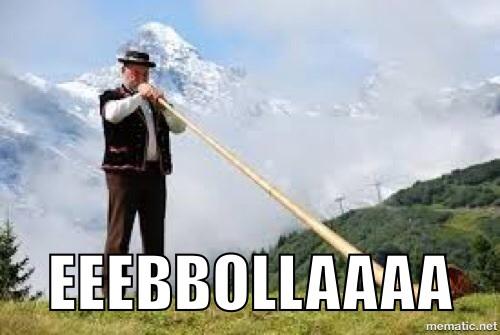 Cultural evolution has led to increased lifespans among many modern humans.
Cultural evolution has led to increased lifespans among many modern humans.Symbiology has some basic models of how symbiotes affect host lifespan which seem likely to be applicable to cultural evolution. When a symbiont usually dies with its host, it can sometimes pay for it to divert resources from host reproduction into host maintenance processes. That makes the host live for longer and results in more opportunities for the symbiont to reproduce before it perishes with its host. Copies of individual memes do perish with their hosts - and this model is broadly consistent with the observed longer lifespans produced by cultural evolution to date.
However, there's an alternative scenario described by the same kind of model. If there's a lot of horizontal transmission of symbionts between hosts, the symbionts can sometimes profit by converting the hosts' resources into copies of their own heritable material as quickly as possible. This is the strategy employed by the Ebola virus, for example. Rather than increasing host lifespan, these types of parasite dramatically decrease it.
When does this latter scenario arise? The models are fairly specific about when this type of scenario is likely. It happens when the host density is high or when there's a lot of opportunities to spread between hosts.
The ability of memes to leap from host to host has dramatically increased over the last century. These days, mobile phones deliver memes pretty directly into peoples' brains in a near-constant stream. Horizontal meme transfer has increased dramatically in modern times - and it looks set to continue to rise. Our ability to pack humans together in huge cities has also continued to rise.
This raises some questions. What can be done to avoid going into an era in which memes shorten host lifespans - and rip through host resources like the Ebola virus does? Also, we have been seeing a lot of horizontal meme transmission for a while now. Yet if you look at the most meme-rich areas of the planet - such as Japan - host lifespans are excellent. Why are we not in an Ebola-like era already?
The most obvious answer is that memes that quickly kill their human hosts are selected against in various ways - by host immune systems, and by active suppression by groups of humans. People do get sucked into meme-spreading cults that rip through their resources Ebola-style - but education defends against this fate - and so do nearby friends and relatives.
An important reason for studying these dynamics is to see whether we can avoid problems. Will we see plagues of parasitic memes mirroring the 1918 flu epidemic? Will we see persistent draining influences - mirroring the effect of the HIV virus on lifespan in Africa? What about mixed bag pathogens? For example, smallpox helped Europeans to conquer native American tribes - while simultaneously killing many Europeans.
So far the influence of memes on lifespan seems consistent and positive. More memes are strongly correlated with longer lifespans. However I think it is too early to say whether this positive trend will continue without interruption. We should strive to understand these dynamics in order to help us to avoid problems in the future.

 As with many blisters, cities contains swarming organisms that are capable of
spreading the blisters to new areas - in this case, meme-infected humans. Roads act as the main vessels through which the infection is spread. Ships can spread the infection across the oceans.
As with many blisters, cities contains swarming organisms that are capable of
spreading the blisters to new areas - in this case, meme-infected humans. Roads act as the main vessels through which the infection is spread. Ships can spread the infection across the oceans. The invasion of the biosphere by memes has had some rather negative consequences -
as well as some positive ones. In particular, memes are primarily responsible for the ongoing
The invasion of the biosphere by memes has had some rather negative consequences -
as well as some positive ones. In particular, memes are primarily responsible for the ongoing









